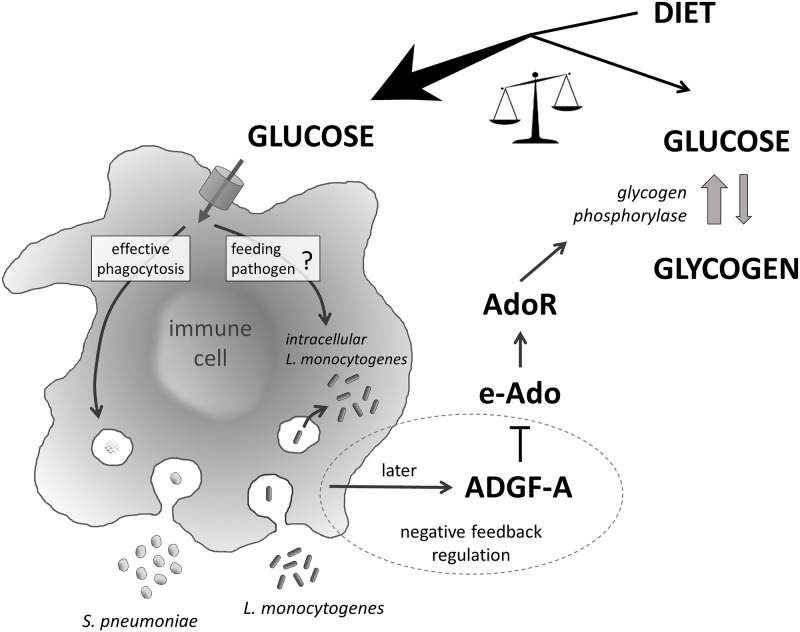Fig 10. Model of energy regulation by extracellular adenosine during immune response and its impact on host-pathogen interaction.
Extracellular adenosine (e-Ado) mediates a systemic metabolic switch via the adenosine receptor AdoR upon infection, leading to increased circulating glucose at the expense of glycogen storage. Glucose is required for an effective immune response but energy resources are limited and the energy may also be exploited by the pathogen. Therefore it is important to regulate e-Ado action, which is achieved by immune cells themselves expressing the e-Ado regulator ADGF-A. Lowering such regulation leads to an increased resistance to S. pneumoniae on one hand but also to lower glycogen stores and to an increased intracellular L. monocytogenes loads (possibly by feeding pathogen) on the other.

